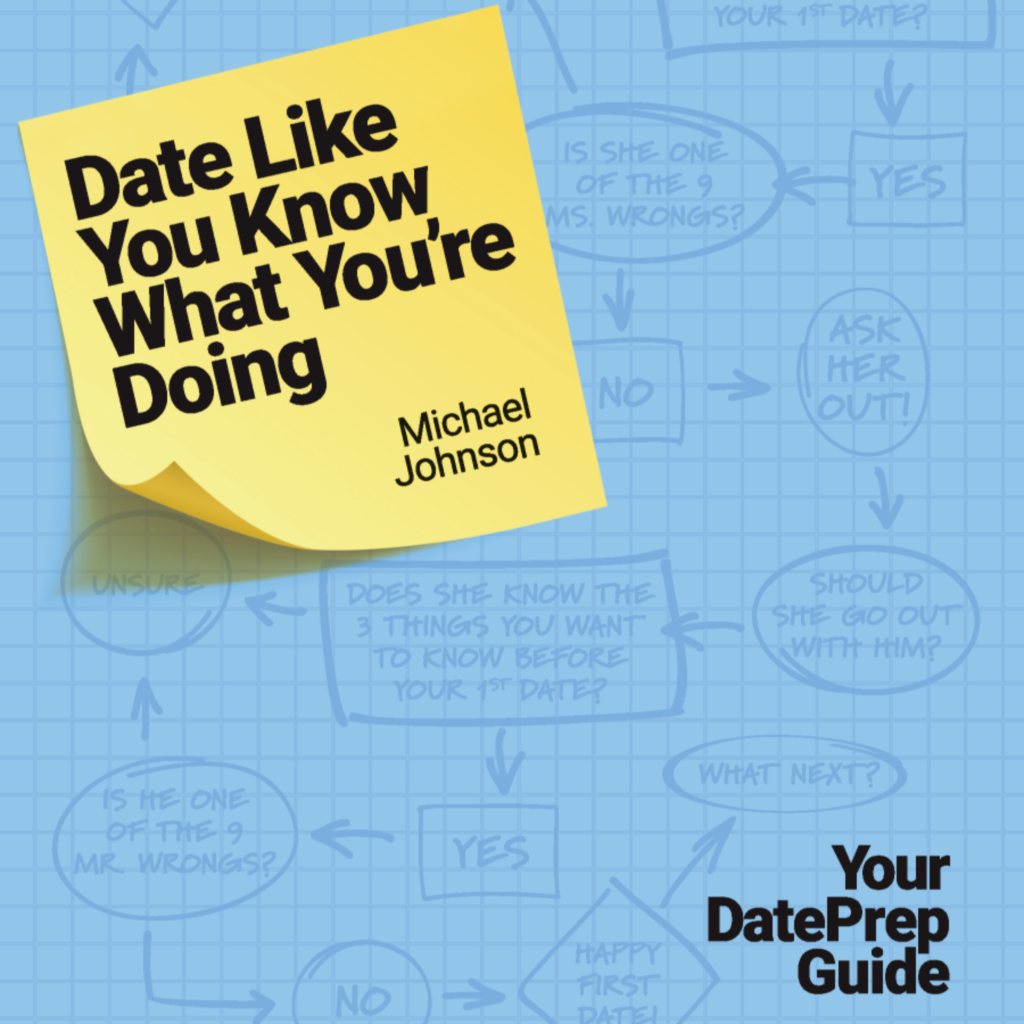More than success, excitement, or sex, our souls yearn for relational intimacy.
That’s the way our God set it up. That’s why He woos us into relationship with Himself.
It’s also why He created marriage, family and the church. So that in intimate community with those who love us we might discover who we are and why we’re here.
Despite this, most of us would rather settle for – or even seek out – other relational goods instead. I call them intimacy impostors.
Unfortunately, even if we’re successful in getting these other relational goods we come up empty, because intimacy impostors will never empower us to understand our true identity nor walk in our unique purpose.
Why would we do such a thing?
Great question.
There are actually many reasons. Most of them are even logical. But none of them good. For starters, we talked last week about how dangerous pursuing intimacy can be.
In this post I want to give you three word pictures to help you see the battle being waged over your soul as you endeavor, by God’s grace, to thrive in relationships with others.
Growing intimacy is like gardening.
Like a successful homegrown garden, growing healthy intimate relationships requires several elements working together, many of which are entirely out of our control. Therefore success calls for a high level of commitment and intentionality.
This is why most people in our culture buy their fruits and veggies at the grocery store.
Like picking out pears in the produce aisle, intimacy impostors tend to be easy to attain. Indeed, one or more of them may seem like second nature to you. Like they picked you out, instead of the other way around.
However, in the same way a homegrown veggie may look homely, but taste like heaven, authentic intimacy will give your life a fullness of flavor that’s worth the effort.
Learning intimacy is like learning a foreign language.
Basic principles will help you survive relationships in general, but intimacy requires personally relating to someone else’s world. However, since each of our life experiences is unique (as is our interpretations of and responses to those experiences), learning intimacy requires more than selflessness. It calls for a depth of insight that takes time and patience to acquire.
In contrast, with intimacy impostors you need only figure out how to get your own needs (or desires) met by others. “Boom! Done! What’s next?”
That said, while the uniqueness of every close relationship makes each such a complicated endeavor, when pursued in a wise and healthy way, it can also make each a precious gift.
Stepping into intimacy is like stepping into water… from the high dive.
You drink water. You bathe in water. You may have spent many summers swimming in water. Even so, the first time you stand at the edge of the high dive it’s a whole different story. (Indeed, if you were born after 1990 it’s likely that you’ve never had the opportunity to jump off a high dive. Without a helmet anyway.)
Relationships are similar. You grow up with relationships. You live in them. But intimacy asks you to go further and deeper into relationship than most of us find comfortable.
We’re talking about vulnerability.
Intimacy Impostors would never presume to ask for such exposure. In fact, many seek out or settle for their chosen intimacy impostor expressly to avoid exposing themselves to the risk which accompanies vulnerability.
But you know what they say, no pain, no intimacy. (Or something like that.)
Actually, the reality is that if I insist on insulating myself from being hurt by others, I end up hurting myself. I experience a different kind of pain; the lonely ache of isolation.
And if my own pain wasn’t enough, the isolation I use to protect myself, looks like rejection to everyone else. So I not only hurt myself, I unwittingly hurt everyone who cares about me.
Why do we avoid intimacy? Simple. Intimacy requires commitment, intentionality, selflessness, insight, time, and vulnerability. And for the most part, intimacy impostors require none of those things.
Next week we’ll get to our first intimacy impostor, the first relational good we’re tempted to seek out or settle for instead of intimacy. Here’s some hints as to who it is:
I show up at an early age… the earliest age, but I plague people of all ages.
I inspire people to:
- Make fools of themselves
- Dress and groom themselves in ways that stand out or show more
- Get in trouble
- Live for “likes,” “shares,” and “comments” on social media
- Attempt suicide
People talk about me condescendingly; saying things like, “They’re just trying to get me,” or “All they want is me,” but in reality, everyone needs at least a little bit of me.
Who am I? (Feel free to guess in the comment section… unless you’ve heard the talks already and then you’d be cheating.)
Date Night Advice (DNA) series: Relation^ology
Part 1: The Deepest Need of Your Soul
Click here for the next post in the series.
DNA: It’s What’s For Dating
Dug this weekend’s DNA? Be a good friend and share with your friends on the social media platform of choice: Instagram, Youtube, Facebook, or Twitter.
 The LoveEd discipleship series, Beyond Sex & Salvation, will empower you to prepare for relational success when it counts: BEFORE you fall in love!
The LoveEd discipleship series, Beyond Sex & Salvation, will empower you to prepare for relational success when it counts: BEFORE you fall in love!
It’s NOT for couples, but for any wise individual who thinks they might want to get married sometime before they die. And would like to learn how to better build healthy relationships in the meantime.
Check out all three study guides in our store. You can walk through them on your own, but it’s more fun with friends (that and it kinda makes sense to grow in relational success in actual relationships with others), so consider putting together an FMU LoveEd small group study.
Even better? And ask a rock star married couple you respect to lead it!
[originally published: 7/31/14]





